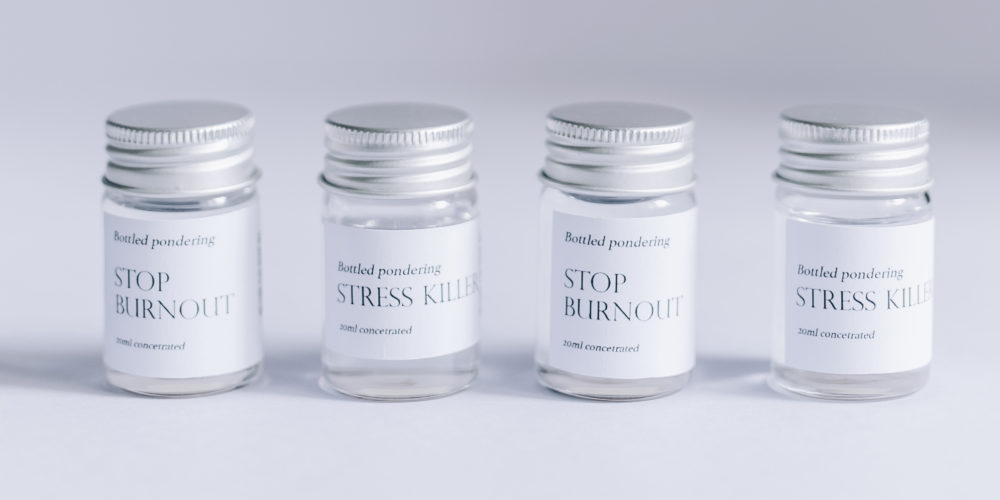How much is too much? We seem to have no idea

This gentleman once had a big corporate job. He was an executive director at a large business, at global level. Finding his work bereft of meaning, however, he didn’t last. He catapulted himself out of his office chair and into a life of doing the work he actually loves—studying, teaching, guiding, advising, writing.
James Suzman is an anthropologist specializing in the Khoisan peoples of southern Africa. He has a fellowship in African Studies at Cambridge University; and is the founder of a think-tank that applies his expertise to contemporary problems.
He has written an excellent book, Work: A History of How We Spend Our Time. It is a truly enlightening journey through human history and endeavour, trying to answer fundamental questions about work and the human being. Why do we work so much? What do we get out of it? Which work bestows meaning to our existence?
Mr Suzman spent many years with one of the last remaining groups of hunter-gatherers in the world—the Ju/‘hoansi of Namibia. He lived amongst them, studied them, bonded with them, understood them as them—without preconceptions and prior assumptions.
One such assumption we might all have: a life of foraging must be a very difficult one. It sounds like a never-ending struggle for survival in a harsh desert terrain, full of hunger and lack and adversity. But here’s the thing: the Ju/‘hoansi were generally well nourished and lived long, contented lives. They typically spent just 15 hours every week looking for food. The rest of the time, they rested, played, had fun. They were not competitive with one another; they did not admire excessive achievement; they simply met their immediate needs and enjoyed the rest of their existence.
This way of life sustained itself for aeons. It is untenable now, not because of the foragers themselves, but because of other humans who have interfered with the delicate balances that nature, animal and human had found.
Mr Suzman’s book also highlights the first farmers of more than ten millennia ago—the Natufians, named after Wadi al Natuf, in ancient Palestine. Farming was a revolutionary transition in our history, when we went from living off nature to settling down and controlling our environments and growing or rearing our food. Crucially, we learned to store that food for the future. Early farming was undoubtedly a very difficult activity, subject to the vagaries of weather and disease, and done using rudimentary tools. But it set humanity up for a future in which food could be produced in abundance, allowing us to escape the manic obsession with daily survival.
Do today’s lives reflect that breakthrough, though?
I watch children give up their childhoods and study, study, study, because their parents and teachers and peers have convinced them that they must get the best possible grades to get into the best possible schools to get the best possible qualifications to get the best possible jobs so that they enjoy the best possible lives. Except that those lives are then to be filled to the brim with even more anxious activity. The years that should have been devoted to play and discovery and wonder are lost to a future that turns out to be yet more daily grind.
Youngsters fight tooth and nail to get into jobs that require 80-hour working weeks. Having lost their childhoods, they lose their years of young adulthood—years that should have been about understanding and maturing and exploring are lost to meeting targets, clocking bonuses and grabbing promotions. Why? To get the opportunity to work even more hours and gain even more monetary reward. As quickly as possible.
We’ve missed a trick here, humans.
We have bought into a story that says strive. Get your three “A”s of life—achieve, accumulate, amass. Outdo your peers. Be number one. Keep comparing and measuring. Have more this year than last year. Exploit and misuse. Stay in the rat race until you drop.
The thing that’s really precious about this life, though, is just that—the life itself. Not the gains and accoutrements and accomplishments and scorecards; just the fact of living. Breathing, eating, engaging, learning, bonding, growing.
The story we follow is a construct that puts our lives in a particular frame. Billions have bought it; and billions are therefore sentencing themselves to a life of constant, fixated attention to material self-advancement.
This is not to send you harking back to idyllic days of yore. It is only to ask the questions I have raised on this page many times: what is need, and what is want? What is satisfaction, and what is obsession? What is work for, and when is it most useful? What is wonderful about how we work, and what is destructive?
Your answers will define the meaning of your life.
(Sunday Nation, 26 September 2021)

Buy Sunny Bindra's new book
The X in CX
here »
Popular Posts
- NY’s wake-up call to the old guardNovember 9, 2025
- How to listen, really listenNovember 16, 2025
- Save your strength for repairsNovember 2, 2025
- Here’s why you should become foolishNovember 30, 2025
- Is AI hiring your company into oblivion?November 23, 2025















